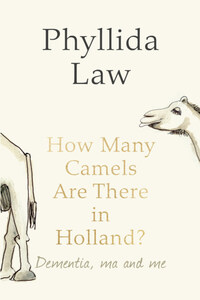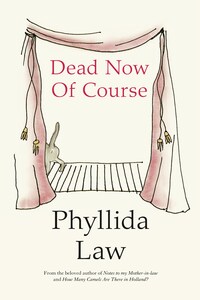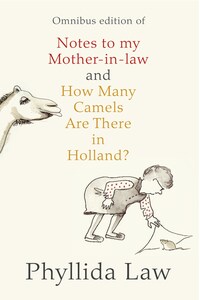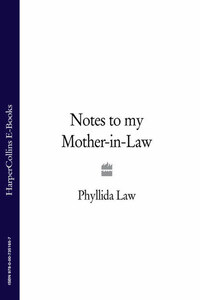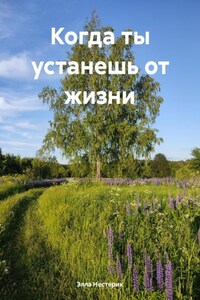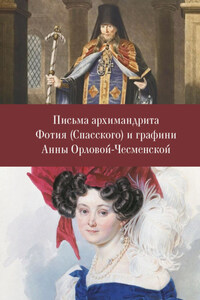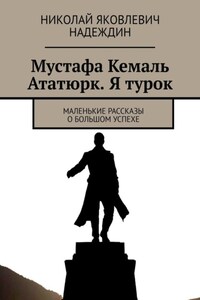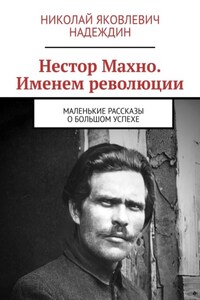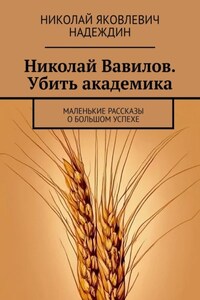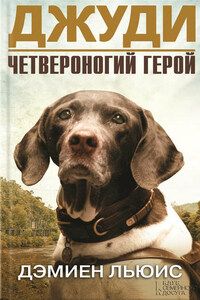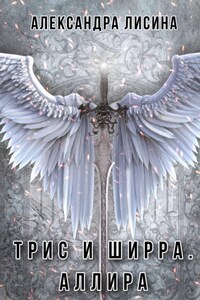My mother, Meg, was the seventh of eight children and the youngest of five sisters born to a Presbyterian minister and his tiny indomitable wife, who lived to terrorise us all.
Mother remembered very little about her papa, except that he wore a velvet smoking jacket of an evening and kept a bar of nougat in his breast pocket for little fingers to find. They had sweets only on Sunday when they spent the day in church, eating lunch and tea in the vestry, after which sweets would be found on the church floor, dropped accidentally-on-purpose from velvet reticules by little old ladies.
Papa died young. Grannie went into mourning and took her eight children to Australia, where her brother was a professor at the University in Sydney. Mother was still wearing woollen hand-me-downs. When Grannie became ill the doctor advised a return to a cooler climate. The children were perfectly willing. Ripe mangoes were nice, but locusts were nasty. They took the boat home in 1913. Grannie said there were spies on board, and her beautiful Titian-haired daughters caused havoc among the crew. Aunt Mary got engaged to a sailor, who went down with Kitchener in 1916.
Back in Glasgow, in reduced circumstances, they squashed into a small ground-floor flat near the university and Aunt Lena (who married a millionaire and died on a luggage trolley in Glasgow Central Station) looked after them all. Mother told stories of beds in cupboards and wild nights by the kitchen fire, drinking hot water seasoned with pepper and salt.
The boys went to war and the girls became secretaries. Ma, the youngest, went to a cookery college affectionately known in Glasgow as the Dough School, where she started her career as an inspired cook and learnt to wash walls down before New Year with vinegar in the rinsing water. Then she joined her sisters at the Glasgow Herald offices where she met my father.
He must have been a stumbler for a girl. Handsome, gifted and wounded in the First World War, I think he had what we now call post-traumatic stress disorder. I don’t know when Ma ripped her mournful wedding pictures out of the family album, but seven-year-olds are perfectly able to recognise unhappiness.
I only met Father properly years later, after he had eloped with his landlady’s daughter, but I was eighteen by then and it was too late for love.
I remember 3 September 1939 and the outbreak of war. We were to be evacuated. It sounded painful and some of it was. At school we were just ‘the evacuees’, ‘wee Glasgow keelies’, and they snapped the elastic on my hat till my eyes watered. I caught fleas and lost my gas-mask. James, my brother who was twelve, wet the bed, got whacked with a slipper and ran away back to the bombs. I was left behind. My mother and my brother were now half-term and holiday treats. Thinking about it now, I feel bereft. I missed such a lot of warmth. Mother was good at warmth. She always had a gift for dispelling gloom, a useful talent in 1940s Glasgow, which must have attracted Uncle Arthur who, though witty, had a dark side. He used to cheer himself up with the aunts – their brother John was his best friend – but they were all spoken for, so when Mother was divorced he came courting.
She had taken a job in a ladies’ boutique called Penelope’s, opposite Craig’s tea-rooms and next to the Beresford Hotel on Sauchiehall Street. Here she kept the accounts in a huge ledger in a very neat hand, wearing a very neat suit.
On Saturday, she served everybody in the back shop delicious savoury baps before she locked up. I loved the back shop, where Mother removed Utility labels from clothes and replaced them with others she had acquired. Now and again, if she came by a good piece of meat, she would sear it on a high flame on the single gas ring, wrap it in layers of greaseproof paper, a napkin and brown paper and send it by post to anyone she thought deserving at the time.
Arthur and Ma married when I was thirteen and away at boarding school in Bristol. They were very happy. Mother had discovered that men can be funny. If ever I was in a position to phone home, they were never being bombed. Instead they were playing riotous games of ‘Russian’ ping-pong.
One bomb did bring down all the ceilings in the close stairwell with such a rumbling crash that Joey the budgerigar flew up the chimney and never came down again.
Whatever was happening, Ma always travelled down to Bristol at half term wearing an embarrassing hat on loan from Penelope’s. If there was a patch of blue in the sky large enough to make a cat’s pyjamas, she would let out piercing yelps, ‘Pip-pip’, and sing in the street. She also got me seriously tipsy on scrumpy, which she thought sounded harmless.
